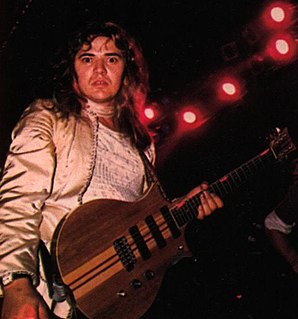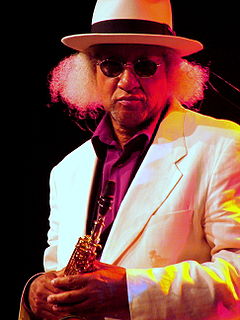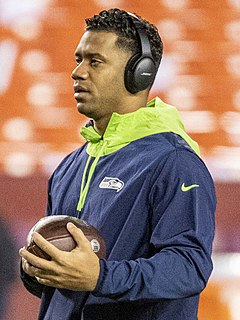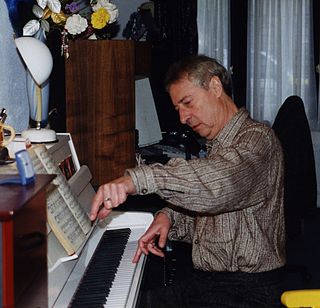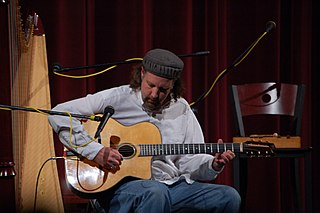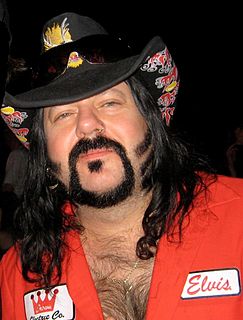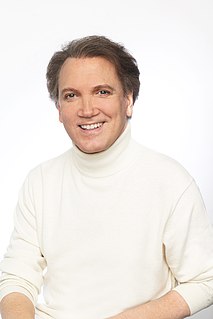A Quote by Tommy Bolin
Lots of times it really doesn't matter what notes you play, but what notes come before and after a run.
Related Quotes
I just chuck a bunch of words down and whether they find themselves into a song... I have lots of weird notes on my phone. I often come up with a phrase that I really like, I write it down and it stays in my notes folder, and when I'm writing I will scroll through and see if it kind of fits and if I can mould a verse around it.
I’ll write down little lines, I always say, 'K.T.N.,' and I say that to my receivers and running backs and that means 'keep taking notes.' That keeps me alert. That keeps me going. That keeps my drive there, even when you’re taking notes on something that you’ve already taken notes on a million times - keep taking notes.
I took many notes, more than usual before I sat down and wrote Act One, Scene One. I had perhaps eighty pages of notes. . . . I was so prepared that the script seemed inevitable. It was almost all there. I could almost collate it from my notes. The story line, the rather tenuous plot we have, seemed to work out itself. It was a very helpful way to write, and it wasn't so scary. I wasn't starting with a completely blank page.
